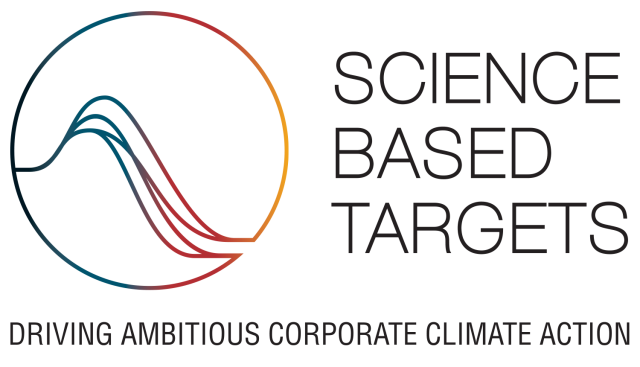Benetton Group, always sensitive to sustainability issues, is pleased to announce the validation of its near-term science-based emissions reduction targets by the Science Based Target initiative (SBTi), global organization born from the partnership between Climate Disclosure Project (CDP), the United Nations Global Compact, World Resources institute (WRI) and the World Wide Fund for Nature (WWF) that drives and assist companies in their commitment to reduce their GHG emissions.
The targets set by the Group have been defined coherent with the urgent pathway planned to limit global warming to 1.5°C to challenge climate change, in line with the 2015 Paris Agreement. This achievement further strengthens the Group’s commitment to a lower-impact business.
Benetton Group set out the following targets:
- A 50% reduction of absolute Scope 1 and 2 GHG emissions by 2030, from a 2019 base year
- A 30% reduction of absolute Scope 3 GHG emissions by 2030, from a 2019 base year
Here below you can read the official certificate emitted by SBTi.
Scope 1 and 2 relate to the emissions generated from Benetton Group’s own operations, such as gas and electricity used in stores, logistic hubs, and offices.
100% of the electricity powering Benetton campus and the stores of the Group in Italy comes certified water and ocean renewable sources. Aiming to further reducing Scope 1 and 2 GHG emissions, Benetton Group is planning to start the company’s fleet transition to 100% electric or plug-in hybrid vehicles and to complete a feasibility analysis of the total sourcing of certified renewable energy also in the Group’s foreign offices and stores.
Scope 3 covers emissions generated from indirect activities of the Group’s supply chain and represent the most consistent impact in terms of carbon footprint.
Starting from the targets approved by SBTi, Benetton Group commits to reduce its absolute Scope 3 GHG emissions from purchased goods and services, fuel and energy related activities, upstream and downstream transportation and distribution, employee commuting, and franchises by 2030.
The initiatives undertaken by the Group during the period 2020-2022 to reduce the emissions produced showed encouraging outcomes, with a significative decrease of several emission categories compared to 2019 and the commitment to further improve these results in the future.
Hereafter the comparison between base year 2019 and 2022 is exhibited as significant evidence of Benetton Group progress in reducing its carbon footprint.
For the calculation of GHG inventory the following references and measures were used: GHG Protocol Corporate Standard; GHG Protocol Scope 2 Guidance; Greenhouse Gas Protocol Corporate Value Chain (Scope 3) Accounting and Reporting Standard; Apparel and Footwear Sector: Science-Based Targets Guidance.
For the category “Purchased goods and services” of Scope 3 emissions, in particular, the following methodology was used: EcoInvent database for emission coefficients related to raw materials used and primary data on supply chain energy consumption multiplied by emission factors published by Defra, Terna and AiB.

